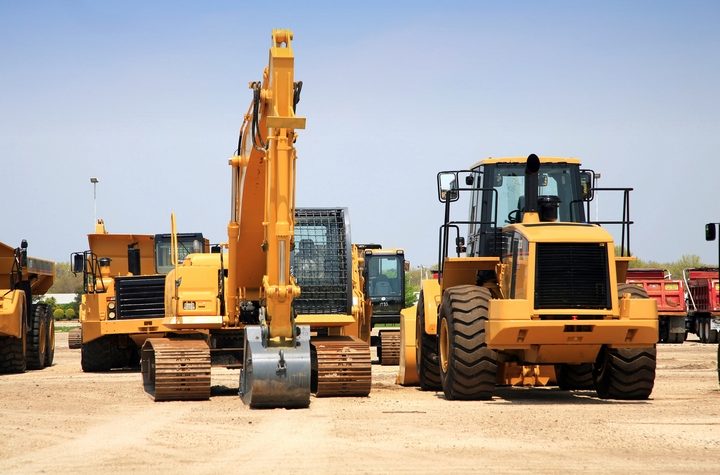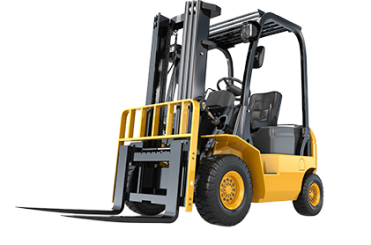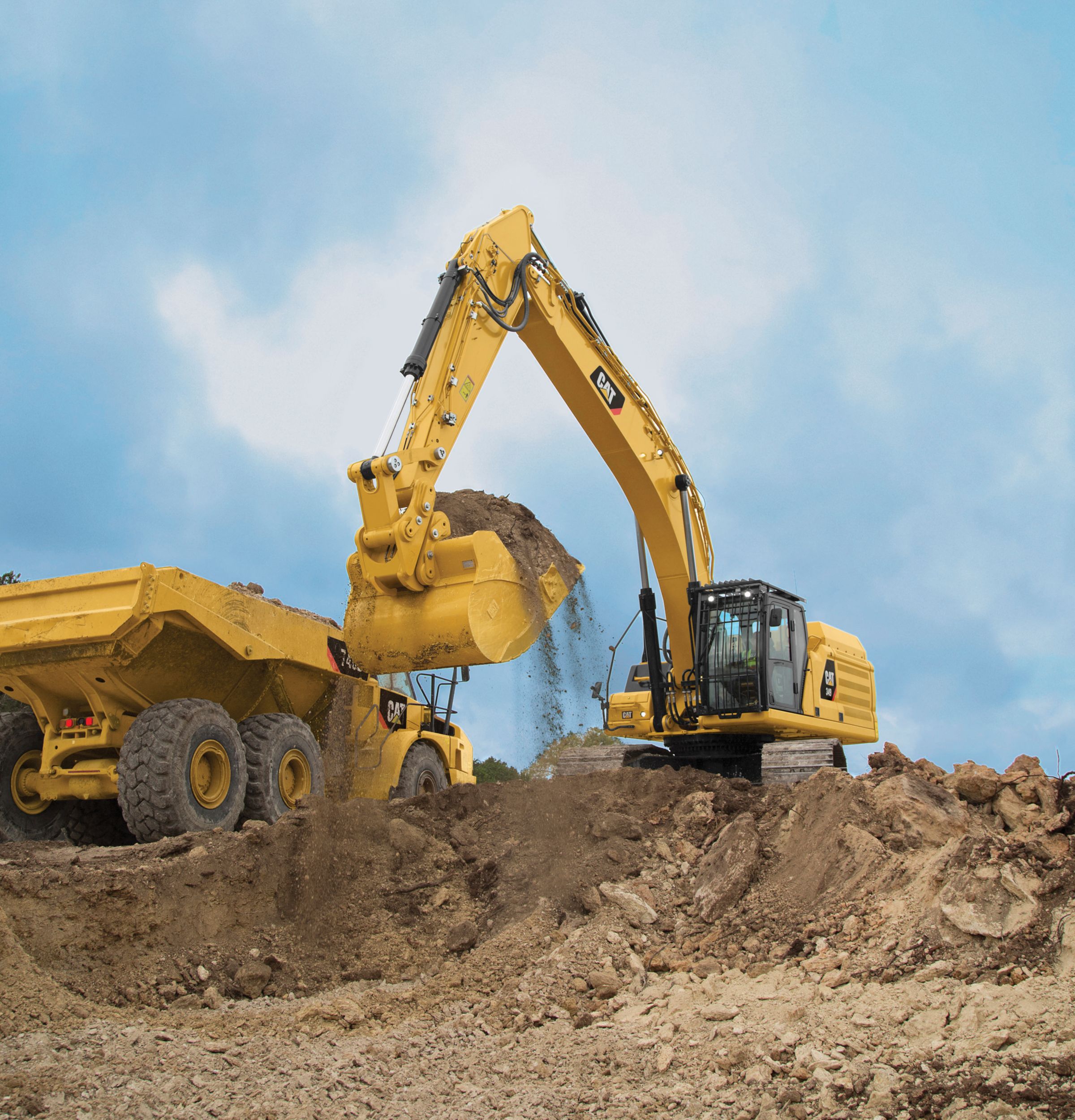Discover Our Equipment Rental Company for High-Quality Dozer Rental and Scissor Lift Rental Services
Discover Our Equipment Rental Company for High-Quality Dozer Rental and Scissor Lift Rental Services
Blog Article
Essential Tips for Handling Heavy Equipment Rental Contracts and Logistics Successfully
Successfully managing heavy equipment rental arrangements and logistics is critical for the success of any project that depends on these sources. An extensive understanding of rental terms, paired with precise assessment of tools requirements, lays the foundation for positive arrangements. Collaborating transportation logistics and intending for recurring maintenance can dramatically reduce unexpected expenses and hold-ups. Nevertheless, the intricacies of these components frequently existing obstacles that require strategic foresight. What are the vital considerations that can change these possible risks right into chances for effectiveness and cost-saving?
Understand Rental Terms
Understanding rental terms is necessary for successful hefty devices management. Knowledge with the certain regards to a rental contract can considerably affect operational efficiency and cost-effectiveness. Key components normally include rental period, payment structure, and upkeep responsibilities. The rental period specifies the duration for which the tools is leased, affecting budgeting and job timelines. Payment structures often differ, incorporating daily, weekly, or regular monthly prices, which demand accurate computations to stay clear of unforeseen expenditures.
In addition, it is critical to comprehend the maintenance commitments detailed in the contract. Commonly, rental companies preserve the tools, but understanding that is accountable for routine checks and repair work is essential to avoid operational disruptions. Additionally, terms might include stipulations worrying obligation for damages or theft, which can have severe monetary effects otherwise properly understood.

Assess Tools Needs
Assessing tools requirements is an essential action for any type of job manager aiming to optimize resource allowance and enhance operational efficiency. This process includes a detailed evaluation of the task requirements, including specific jobs, timelines, and the type of devices needed to achieve wanted end results.
Begin by determining the extent of the project and the jobs that will certainly be performed. Take into consideration factors such as the terrain, the scale of operations, and any kind of potential difficulties that could affect equipment choice. Engaging with staff member who will operate the equipment can supply beneficial understandings right into sensible requirements and choices.

Following, assess the capacity and abilities of readily available equipment alternatives. It is important to match the right tools to the jobs at hand, making sure that it can deal with the expected work without compromising safety and security or performance.
Furthermore, consider the rental duration and frequency of use. Recognizing these aspects can help determine whether purchasing or renting is the most cost-efficient service. By performing a thorough evaluation of tools demands, project supervisors can make enlightened decisions that bring about enhanced efficiency and minimized functional prices.
Negotiate Properly
Once the tools requirements are clearly determined, the next action entails reliable settlement with rental business to secure positive terms. Begin by researching numerous rental companies to understand their prices frameworks, supply schedule, and credibility.
When coming close to the arrangement table, be clear concerning your requirements, including the sort of equipment, rental period, and any extra services you might require. This transparency makes it possible for rental business to offer tailored services that can fulfill your certain requirements (dozer rental). Do not think twice to ask for discounts, especially for long-lasting leasings or mass orders, as several companies agree to offer concessions to secure larger contracts
These aspects can dramatically impact the general price and ought to be clearly detailed in the rental contract. Make sure that all agreed-upon terms are documented in writing to avoid misunderstandings and secure your interests throughout the rental duration.
Coordinate Transport Logistics
Working with transport logistics is an important element of managing heavy tools rental contracts. Reliable transport makes sure that devices is delivered on time and in ideal condition, thus reducing downtime and enhancing project performance. To achieve this, it is crucial to develop an extensive logistics prepare that details the entire transport process from pickup to distribution.
Begin by assessing the details transport needs based upon the kind and dimension of the devices included - dozer rental. Engage with reliable transport carriers who focus on hefty equipment to ensure they have the required expertise and devices, such as flatbed vehicles or specialized trailers. Review elements such as weight limitations, route limitations, and required authorizations to avoid unforeseen hold-ups
Additionally, preserve open communication with both the rental business and the transportation service provider to work visit this page with routines successfully. By meticulously coordinating transport logistics, you can promote the stability of your rental contract and help with smooth project implementation.
Prepare For Maintenance and Support

Furthermore, it is essential to communicate straight with the rental copyright concerning upkeep responsibilities. Some arrangements might consist of upkeep as component of the rental solution, while in other instances, the onus might fall on the tenant. Comprehending these terms will help stay clear of unanticipated expenses and obligations.
Additionally, having access to technical assistance can be invaluable. Make sure that the rental business offers 24/7 assistance or an emergency situation contact, permitting quick resolution of any type of tools problems. Educating your team on correct devices use and regular checks can likewise considerably enhance operational performance.
Final Thought
In final thought, efficient management of official statement hefty devices rental contracts and logistics joints on a comprehensive understanding of rental terms, exact evaluation of devices my latest blog post needs, and experienced arrangement skills. Stressing clear communication with all stakeholders continues to be essential in navigating the intricacies of tools rental and logistics monitoring.
Effectively managing heavy devices rental contracts and logistics is critical for the success of any kind of job that depends on these sources. By thoroughly reviewing and comprehending these rental terms, organizations can make enlightened choices, mitigate risks, and make certain that their hefty devices management lines up with project goals and economic constraints.Collaborating transport logistics is an important aspect of taking care of heavy tools rental arrangements.In final thought, efficient administration of hefty devices rental agreements and logistics hinges on a comprehensive understanding of rental terms, accurate assessment of equipment requirements, and adept negotiation skills. Stressing clear interaction with all stakeholders continues to be essential in browsing the intricacies of tools leasing and logistics administration.
Report this page